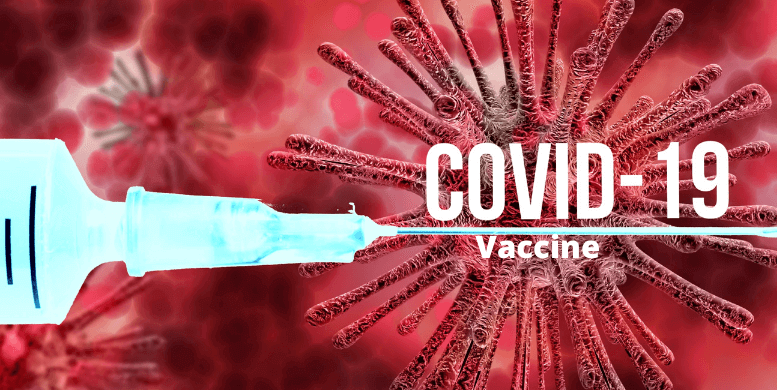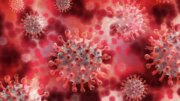Sharyl Attkisson | The Defender
In an analysis presented during a meeting of the American Heart Association, Dr. Steven Gundry, a pioneer in infant heart transplant surgery, said mRNA COVID vaccines put many patients at higher risk of a new acute coronary syndrome, such as a heart attack.
The COVID-19 Pfizer and Moderna mRNA vaccines “dramatically increase” a common measure of heart risk in people.
That’s according to a recently published “warning” in the journal Circulation by cardiologist Dr. Steven Gundry, who is called a pioneer in infant heart transplant surgery.
The analysis was presented at the recent meeting of the American Heart Association.
The “dramatic changes in most patients” mean they are at higher risk of a new acute coronary syndrome, such as a heart attack, according to Gundry.
In part, the analysis states:
“We conclude that the mRNA vacs dramatically increase inflammation on the endothelium and T cell infiltration of cardiac muscle and may account for the observations of increased thrombosis, cardiomyopathy, and other vascular events following vaccination.”
Gundry explained:
“Recently, with the advent of the mRNA COVID-19 vaccines (vac) by Moderna and Pfizer, dramatic changes in the PULS score became apparent in most patients.”
Thousands of heart-related injuries have been reported following COVID mRNA vaccines. These injuries lead to the formation and progression of cardiac lesions which may become unstable and rupture, leading to cardiac events.
The PULS (Protein Unstable Lesion Signature) test measures the most clinically significant protein biomarkers that leak from cardiac lesions in the blood vessel walls, providing a measure of the body’s immune system response to arterial injury.
Scientists have already established a myriad of heart- and blood-related effects of COVID-19 vaccines in some patients, including young people. Among the adverse events linked to the vaccines are thrombosis blood clots and heart inflammation known as myocarditis and pericarditis.
The Centers for Disease Control and Prevention and the U.S. Food and Drug Administration say the vaccines are safe and effective for everyone they are recommended for, and that the benefits outweigh the known risks, which will be emerging for some years as more people get vaccinated.
Originally published by Sharyl Attkisson.




